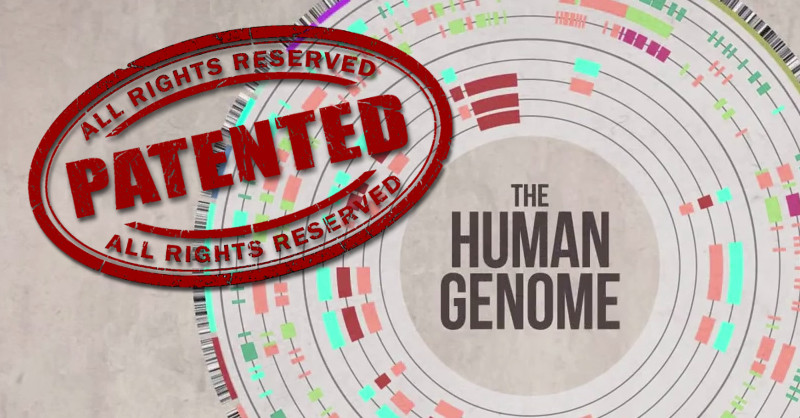
Three weeks ago, scientists announced a controversial plan to create synthetic human genomes from scratch. The paper — which they published following reports about a private, off-the-record meeting — outlined an ambitious plan to build human genomes with various, medically relevant properties, like ones that are immune to cancer. But the overall description of the project, called HGP-write, was vague, leaving many with questions about the project’s aims. Chief among them: would the project make it possible to patent a human genome for the first time? And are the scientists involved in the project contemplating this?
The short answers to both those questions are “probably” and “yes, they definitely are.” But the longer version — the one that involves a Supreme Court case — is worth paying attention to as well. If the project is successful, it won’t just affect how genetics research is conducted, or how scientists look at humans and their health. It would mean also that the world could end up with a patent on the genetic blueprint for a human being.
For many researchers, that’s a distressing thought. Patents aren’t necessarily bad for science, but in at least one instance, patents on two human genes held by Myriad Genetics, a molecular diagnostics company, impeded research and made testing for an important cause of illness impossible outside of the company’s own test. Both genes have been linked to breast cancer, and the patents meant that Myriad was the only company that could perform genetic test to determine if a woman is at a higher risk for the disease. So, a challenge filed by the Association for Molecular Pathology sought to change that. Its main argument? Human genes aren’t patentable. The Supreme Court issued its opinion in June 2013 — and it was unanimous. Myriad’s patents were invalid. But in a strange twist, that ruling is now also one of the main reasons that patenting a synthetic human genome might be possible.